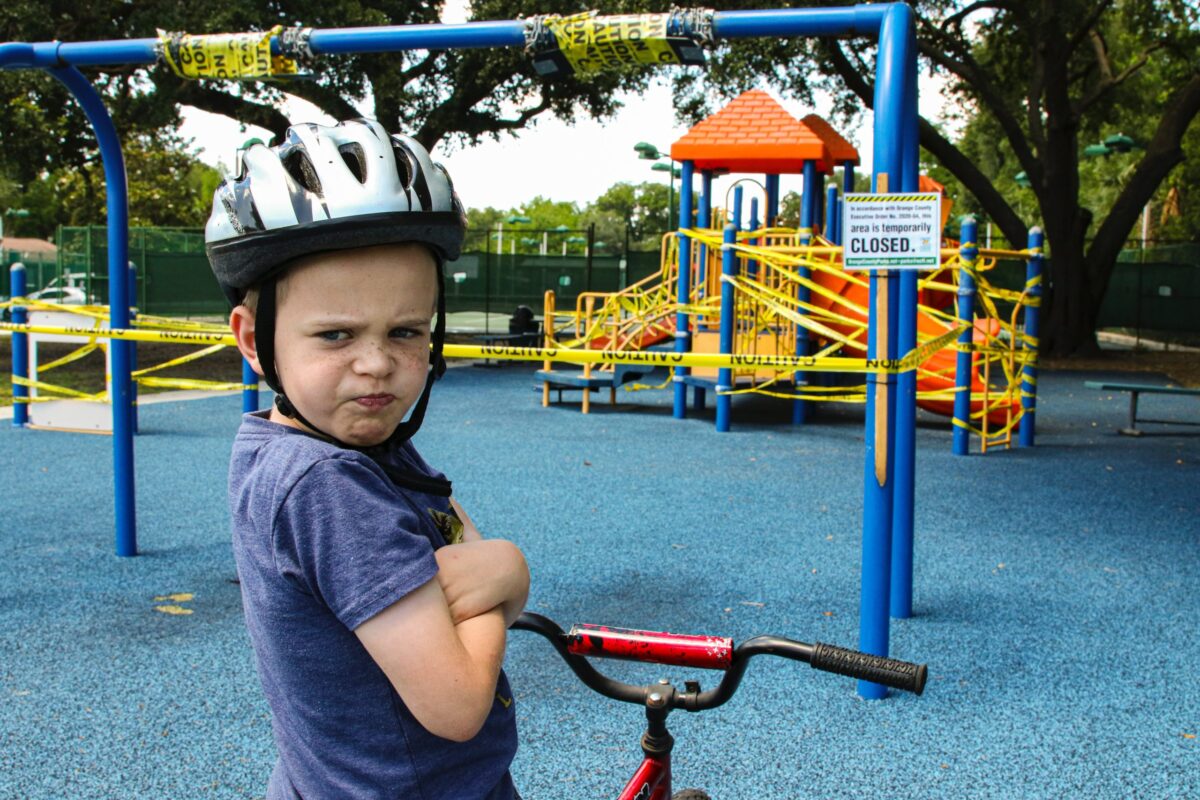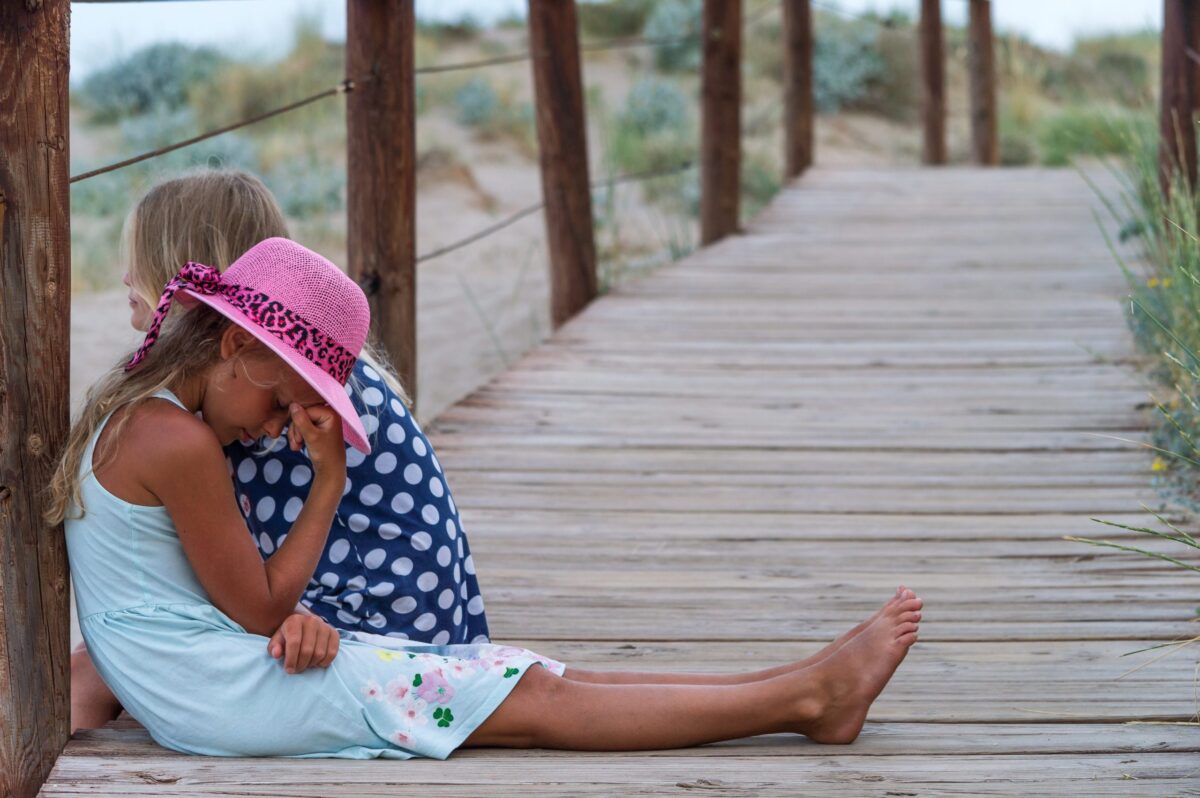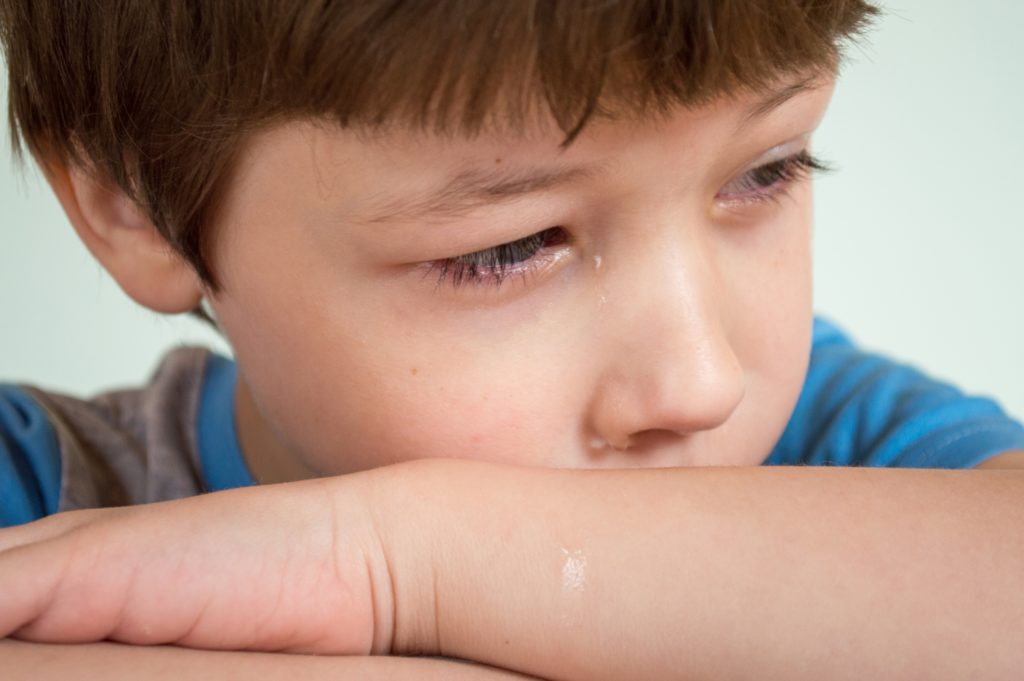Dear Katherine,
My husband and I are working on our parenting and have realized that many of the changes that need to occur in our family start with us.
We have much to learn about our own needs and behaviors, but as we put in the work, how realistic is it for us to expect our children to manage their own emotions and needs?
Is it possible to raise children to stop the behaviors we don’t like, even if we sometimes exhibit them ourselves?
Sincerely,
Do As I Say, Not As I Do
Hi there, Do As I Say, Not As I Do, Great question! On some level, I believe every parent hopes that their children will be better versions of themselves.
Unfortunately, the reality is that children—especially young ones—can’t be what they don’t see. They have no frame of reference for it.

You’re right to recognize that much of the work of conscious parenting is more about parents than children. You need to do the work of untangling your ingrained beliefs around approaching conflict, dealing with emotions, and understanding trauma, so you can help your children do the same.
This work can—and should—take place concurrently. You don’t have to be a perfect parent to have a wonderful relationship with your kids!
When you acknowledge that you’re exhibiting the same behaviors you’re guiding your kids away from, be honest with them about it and have a moment of reflection together. Try saying something like. . .

“I’m so sorry that you have to see me behaving like this. Sometimes despite my best efforts, I mess up. You’re allowed to mess up, too. But let’s talk about why it happened so we can both move on.”
Kids need you to be the best version of yourself to become the best version of themselves—and that process involves communication and accountability.
It’s a lot of pressure, but the good news is that you can get there as a family. Take the time you need to work on yourself. If it means carving out time just for you, that’s alright. Becoming a part of the Conscious Parenting Revolution is a phenomenal start.
I believe in your capacity to lead by example for your kids. Confident parenting is within your reach!
Love and Blessings,
Katherine















